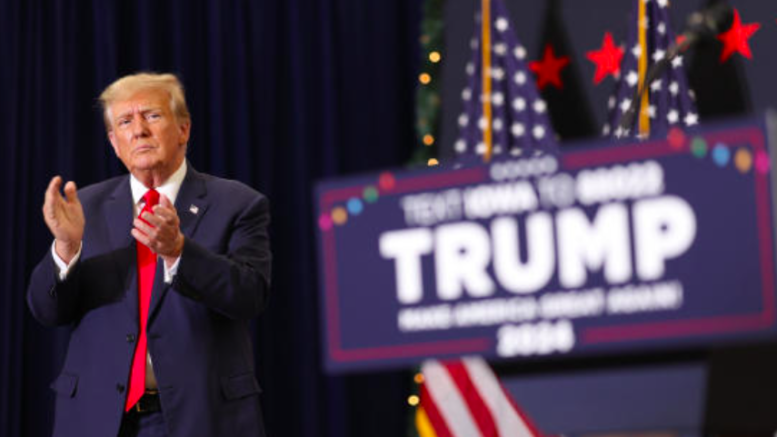In a significant move, the Colorado Republican Party is considering ignoring the results of its presidential primary if former President Donald Trump is not included on the ballot. The State GOP had implemented a policy requiring presidential candidates to pay up to $40,000 for participation in Colorado’s Republican presidential primary. However, the State Supreme Court recently ruled that Trump engaged in an insurrection on January 6 and, as per the 14th Amendment, is ineligible to run for office.
The implications of the Colorado GOP’s decision are substantial, as the primary determines the allocation of delegates at the national convention. The candidate with the most delegates from each state becomes the party’s nominee. Colorado Republican Party Chair Dave Williams expressed the party’s dilemma, stating that if the leading GOP candidate is not on the ballot, delegates may be awarded at caucuses instead of relying on primary results.
Williams indicated a preference for using the primary results but argued that the State Supreme Court’s decision left the party with no alternative. He criticized unelected judges appointed by the opposition party for dictating the nomination process and expressed the party’s reluctance to accept such interference.
The Colorado Secretary of State’s Office suggested that if Williams proceeds with this plan, legal challenges are likely. State law stipulates that political parties must use election results to allocate national delegate votes according to party rules. Former Deputy Secretary of State Suzanne Taheri acknowledged the party’s right to determine its nomination process but raised concerns about the potential impact on Republican candidates, especially those who had paid substantial fees to access the primary ballot.
The state party’s requirement for candidates to pay up to $40,000 and express excitement on social media has drawn criticism. Taheri, a member of the Colorado Republican Party Central Committee, expressed embarrassment over the mandatory social media posts. Williams defended the party’s approach, stating that the funds could provide candidates access to the caucus as an alternative.
Williams emphasized his goal of offering every candidate a fair chance to compete, despite efforts within the State GOP’s Central Committee to endorse Trump and encourage other candidates to withdraw. Some committee members are pushing for a vote next month to endorse Trump, a move opposed by Taheri. Williams acknowledged his preference for the party not endorsing any candidate but acknowledged that he cannot prevent a vote if 25% of the central committee supports it.
Before changing how delegates are awarded, Williams requires permission from the Republican National Committee. He expressed hope that the U.S. Supreme Court might overturn the State Supreme Court’s ruling, rendering the proposed change unnecessary. The situation underscores the ongoing tension within the Republican Party over the influence of legal decisions on the nomination process.

